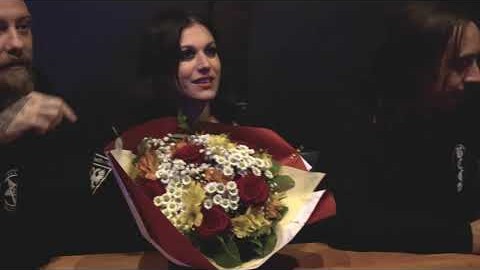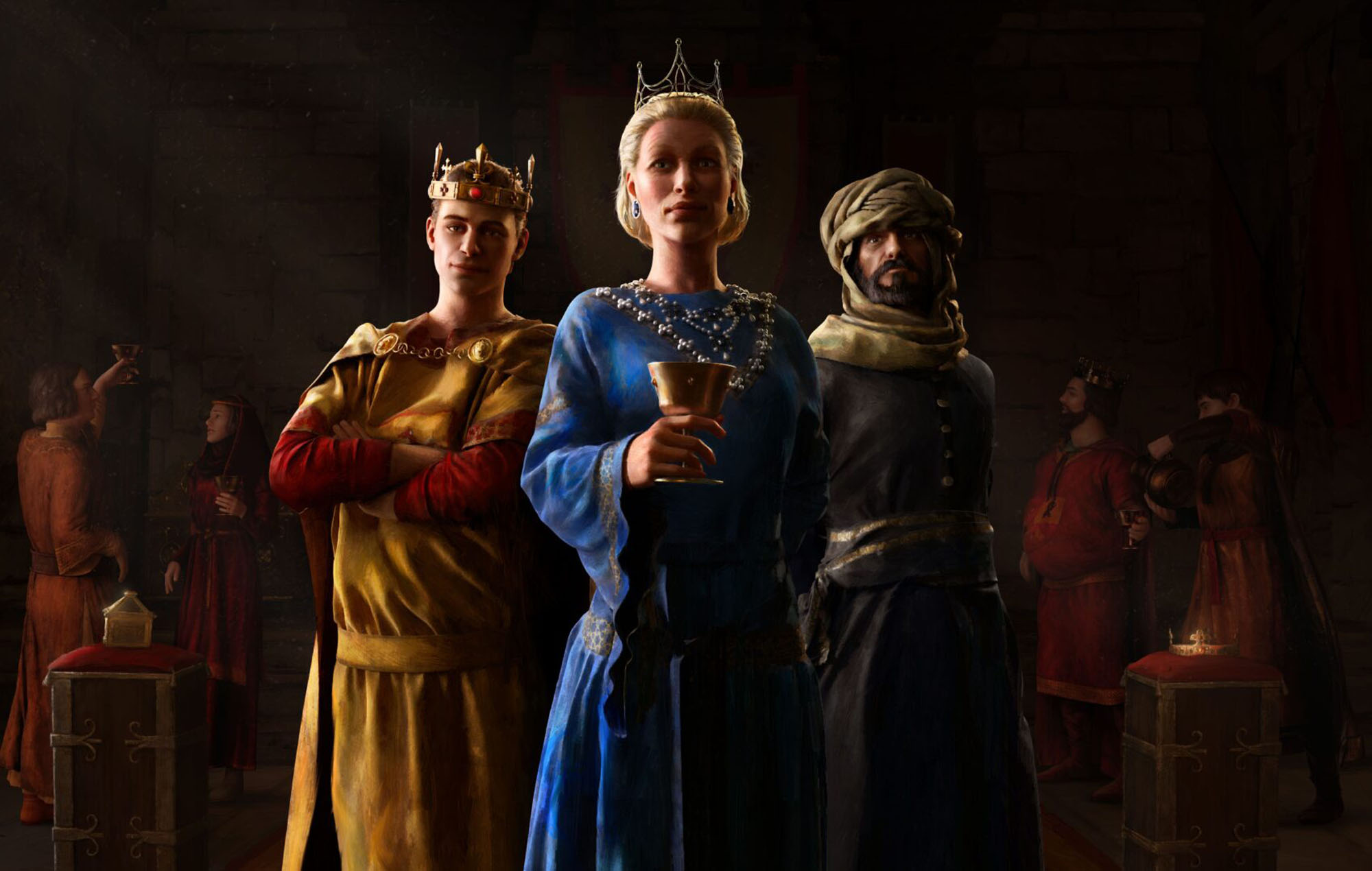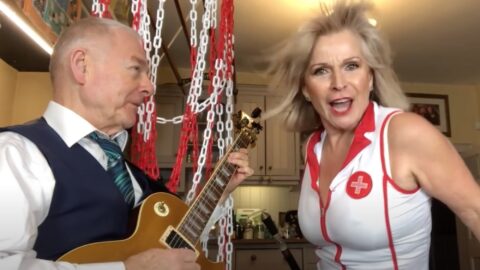
Ted Sarandos has defended Dave Chappelle and Ricky Gervais following backlash to their controversial comedy specials.
The CEO of Netflix said in a new interview that he wishes to uphold the comedians’ right to “free expression” even if it means “crossing the line every once in a while”.
Chappelle’s The Closer special, which aired last October, included him saying he was “tricked” into calling a trans woman beautiful as well as likening trans women to white people in blackface. He also said he sided was a “TERF”.
Gervais’ new stand-up special SuperNature sees him declare that he supports trans rights while saying: “meet me halfway, ladies: lose the cock.” Rights groups have labelled his jokes as transphobic.
The Chappelle special prompted LGBTQ+ Netflix employees and supporters to walk out in protest over his transphobic and homophobic jokes. And figures including Steve Albini have criticised Gervais for his “fucked up” show, calling him an “anti-woke trans-bash” comedian.

Now, Sarandos has doubled down on the right to free speech after his streaming platform boosted its anti-censorship drive in a company memo shared earlier this month.
He told the New York Times that the only way comedians can work out what’s acceptable is by “crossing the line every once in a while. I think it’s very important to the American culture generally to have free expression” [quotes via Deadline].
“We’re programming for a lot of diverse people who have different opinions and different tastes and different styles,” Sarandos continued, “and yet we’re not making everything for everybody. We want something for everybody, but everything’s not going to be for everybody.”
The Chappelle support, he added, “wasn’t hard in that way. And rarely do you get the opportunity to put your principles to the test.
“It was an opportunity to take somebody, like in Dave’s case, who is, by all measure, the comedian of our generation, the most popular comedian on Netflix for sure. Nobody would say that what he does isn’t thoughtful or smart. You just don’t agree with him.”
He added, “I always said if we censor in the US, how are we going to defend our content in the Middle East?” According to Deadline, Sarandos also said in the NYT article that his remarks about Chappelle applied to Gervais.

In an internal memo obtained ahead of its publication earlier in May, Netflix heads suggested that employees should leave the company if they take issue with its programming.
The ‘Artistic Expression’ of Netflix’s updated memo states: “Not everyone will like – or agree with – everything on our service.
“While every title is different, we approach them based on the same set of principles: we support the artistic expression of the creators we choose to work with; we program for a diversity of audiences and tastes; and we let viewers decide what’s appropriate for them, versus having Netflix censor specific artists or voices.”
The section concludes that employees’ “personal values” about what they consider “harmful” will not be taken into consideration.
It continued: “As employees we support the principle that Netflix offers a diversity of stories, even if we find some titles counter to our own personal values. Depending on your role, you may need to work on titles you perceive to be harmful. If you’d find it hard to support our content breadth, Netflix may not be the best place for you.”
Sarandos previously defended Chappelle, saying: “We don’t allow Netflix titles that are designed to incite hate or violence, and we don’t believe The Closer crosses that line.”
Last year Chapelle responded to the backlash to his special. In a video posted to his Instagram he said that he was willing to discuss his show with members of the transgender community but added that he is “not bending to anybody’s demands”.
“If they had invited me I would have accepted it, although I am confused about what we are speaking about,” he continued.
“I said what I said and boy I heard what you said. My god, how could I not? You said you want a safe working environment at Netflix. Well, it seems like I’m the only one that can’t go to the office anymore.”
Gervais, meanwhile, has defended his “taboo” jokes. “I think that’s what comedy is for, really – to get us through stuff, and I deal in taboo subjects because I want to take the audience to a place it hasn’t been before, even for a split second,” he told The One Show.
“Most offence comes from when people mistake the subject of a joke with the actual target,” he said.
The post Netflix CEO defends Dave Chappelle and Ricky Gervais over right to free expression appeared first on NME.







